Continuing the session, on the afternoon of November 3, the National Assembly Standing Committee gave opinions (for the second time) on the draft Law on Corporate Income Tax (amended).

In a summary report on the Draft Law on Corporate Income Tax (amended), Deputy Minister of Finance Cao Anh Tuan said that the Draft Law has added regulations requiring foreign enterprises providing goods and services in the form of e-commerce and digital platform business to pay tax on taxable income arising in Vietnam; the permanent establishment of a foreign enterprise includes the e-commerce platform and digital technology platform through which foreign enterprises provide goods and services in Vietnam.
The draft Law supplements regulations on other income (other than income from main production and business activities) of enterprises in general, taxable income arising in Vietnam of foreign enterprises (with or without permanent establishments in Vietnam) and income abroad of Vietnamese enterprises.
According to Deputy Minister Cao Anh Tuan, the draft Law has amended and supplemented regulations on the selection of tax calculation periods according to the calendar year or fiscal year; for foreign enterprises generating income in Vietnam from e-commerce business activities and digital platform business activities, the tax calculation period shall be implemented according to the law on tax administration. Amending and supplementing regulations to allow enterprises to offset profits from real estate transfers, investment project transfers, and transfer of rights to participate in investment projects with losses from production and business activities, except for production and business activities that are enjoying tax incentives.
The draft Law supplements detailed regulations on the principles for determining revenue and the time for determining revenue for calculating corporate income tax. Specific regulations on the method of calculating tax based on the percentage of revenue for the following subjects: foreign enterprises without permanent establishments generating income in Vietnam; cases where revenue can be accounted for but expenses and income cannot be determined for organizations established under the Law on Cooperatives, public service units and other organizations, and enterprises with total annual revenue not exceeding 3 billion VND.
According to Mr. Cao Anh Tuan, regarding corporate income tax incentives, the Draft Law stipulates in detail the subjects of corporate income tax incentives (industries, occupations, localities and activities eligible for incentives) on the basis of inheriting current legal regulations but with review to institutionalize the Party and State's policies related to tax incentives. In particular, incentives are not applied to industries and occupations with overlapping and widespread incentives.
In the second preliminary review report on the Draft Law, Chairman of the National Assembly's Finance and Budget Committee Le Quang Manh said that the contents revised and completed by the drafting agency were not comprehensive; the new draft Law omitted part of the contents expected to be legalized from sub-law documents; some other amendments did not change the policy content, mainly delegating authority to the Government and revising the document.
The revised draft Law still has many provisions that are being legalized as sub-law documents and there is no explanation of their suitability with the authority of the National Assembly. In addition, the provisions on tax incentives are very detailed and complicated with many different levels of incentives, tax rates, exemption and reduction periods, cases of extending incentives, criteria for eligibility for incentives, etc.; it is difficult for subjects applying the Law to prove and determine for themselves whether they meet the conditions for self-declaration and self-calculation of taxes as well as the ability of the management agency to conduct post-audits.
According to Mr. Le Quang Manh, the corporate income tax incentive policy is the key issue of the Corporate Income Tax Law. First of all, this is an important policy to encourage and attract investment in the new context, new situation with strong waves of competition and investment attraction in the region and globally. Therefore, the Government needs to plan investment incentive policies and corporate income tax incentive policies clearly and comprehensively, creating a solid foundation to be reflected in the draft Corporate Income Tax Law (amended) as well as other specialized Laws that are being discussed in a consistent manner.

In order to have a basis for submitting to the National Assembly for consideration and comment on the draft Law on Corporate Income Tax (amended), it is recommended that there should be consensus among Government agencies on investment incentive policies to have a plan to express them appropriately in the draft Law on Corporate Income Tax (amended), ensuring consistency in the legal system, related to the Investment Law and current specialized Laws and other specialized Law Projects being discussed by the National Assembly and will be passed at this Session and in the future.
Regarding the feasibility of some provisions of the draft Law, Mr. Le Quang Manh said that the legal gaps in the draft Law still have no solutions to ensure the feasibility of the policy, including the contents on: taxation of income arising in Vietnam of foreign suppliers through e-commerce business activities; determination of tax obligations of foreign enterprises with income received from Vietnamese sources from capital transfers, investment projects, capital contribution rights, etc.; regulations on conditions for enjoying special tax incentives, authority to prescribe specific special corporate income tax incentives. Other contents on investment attraction policy measures in the new context and conditions have not been resolved and have not been explained by the Drafting Agency.
The Standing Committee of the Finance and Budget Committee said that the majority of opinions in the Standing Committee of the Finance and Budget Committee believe that the dossier of the Draft Law on Corporate Income Tax (amended) is not qualified to be submitted to the National Assembly according to regulations. It is recommended that the Drafting Agency continue to complete the dossier of the Draft Law. Develop a plan to resolve the remaining gaps in the policy that have not been clarified to ensure feasibility in implementing the Law.
Source



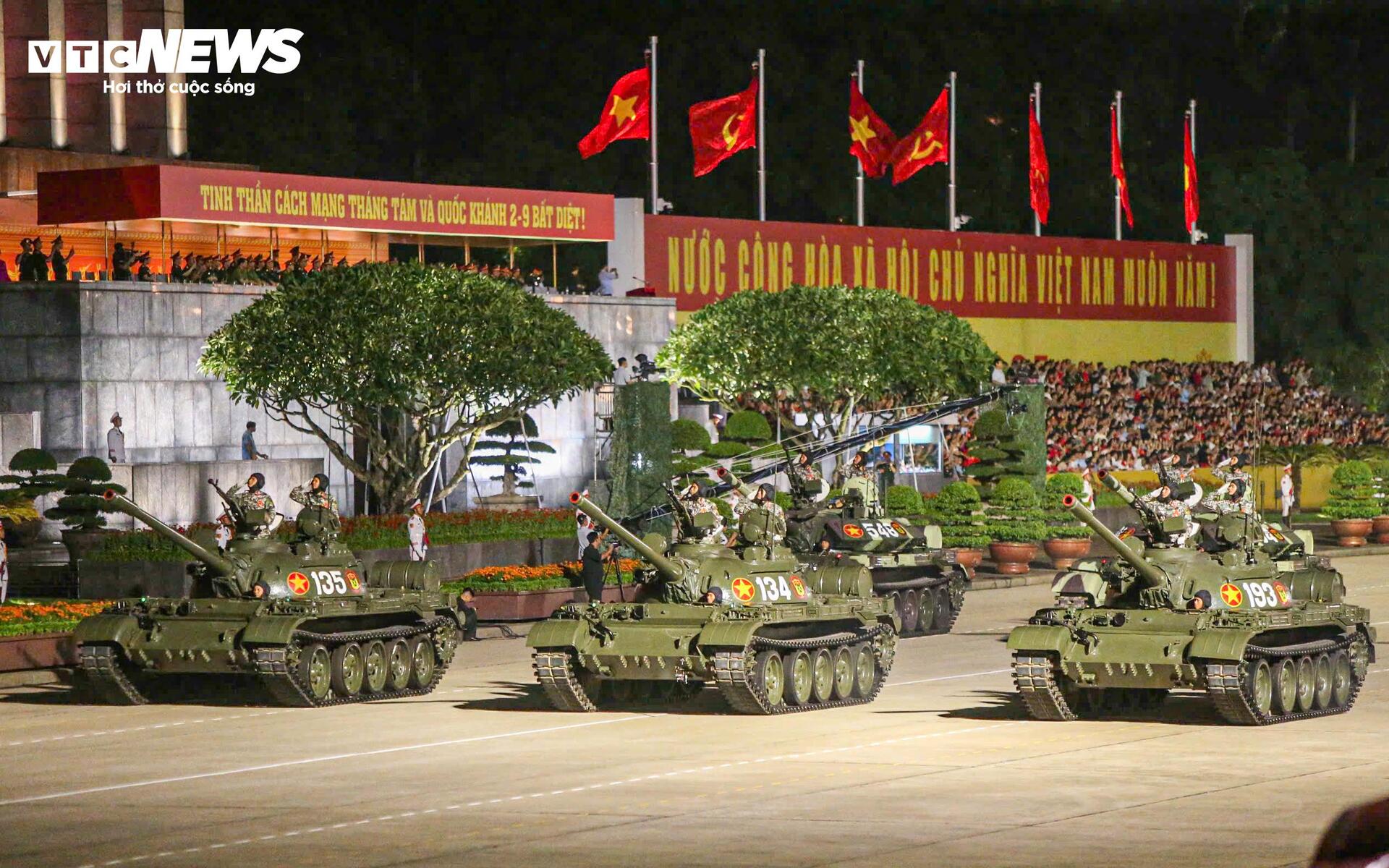
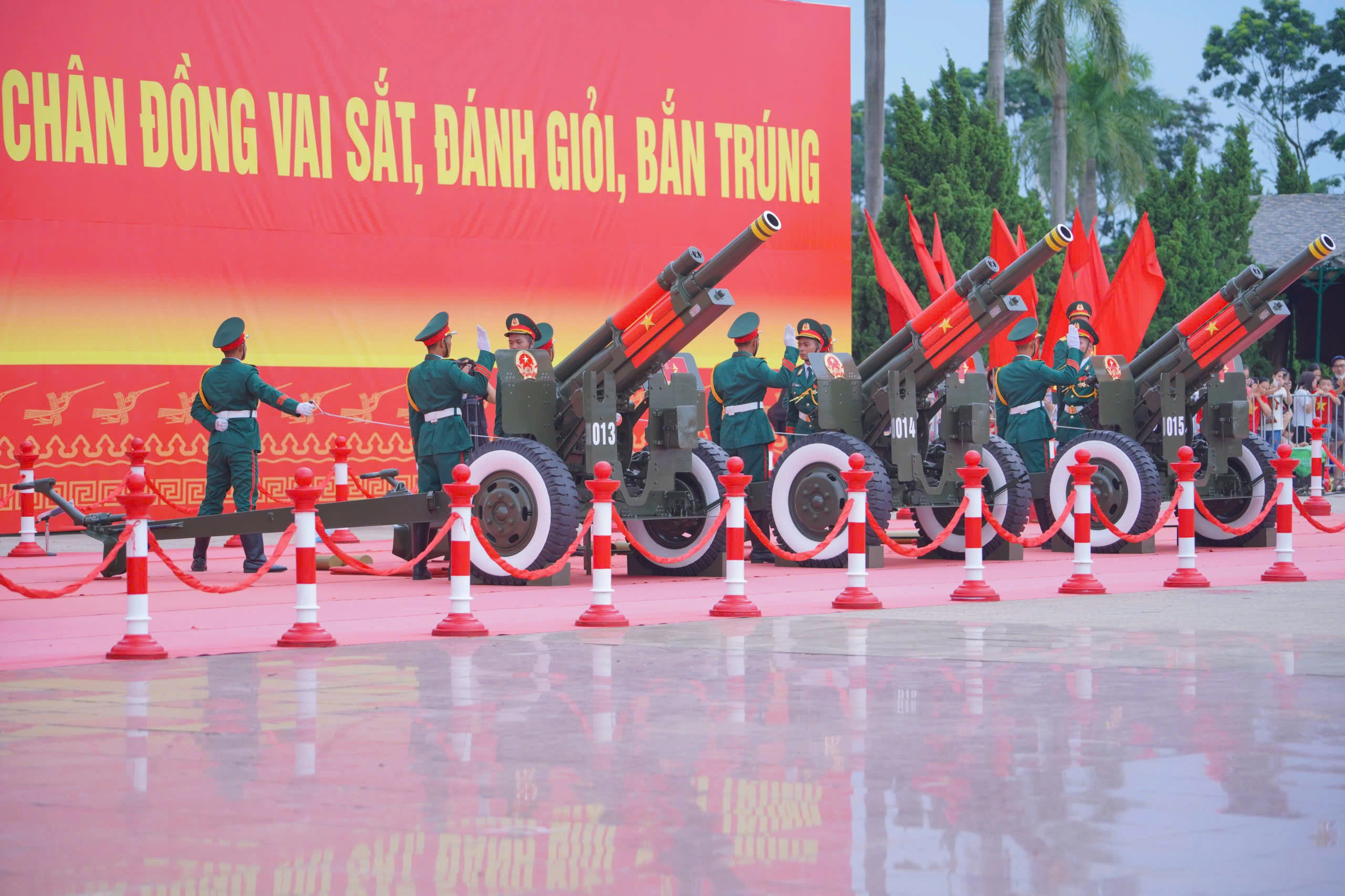




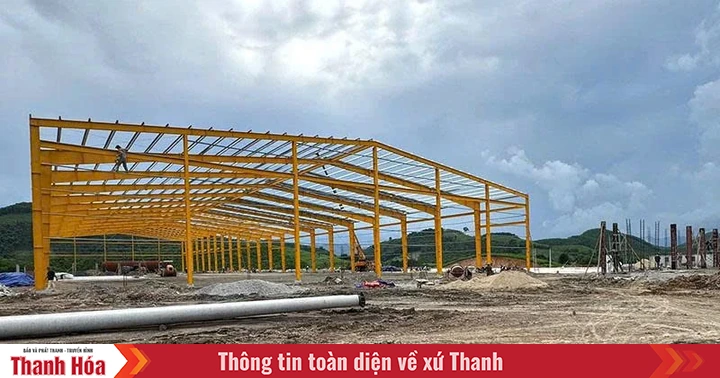

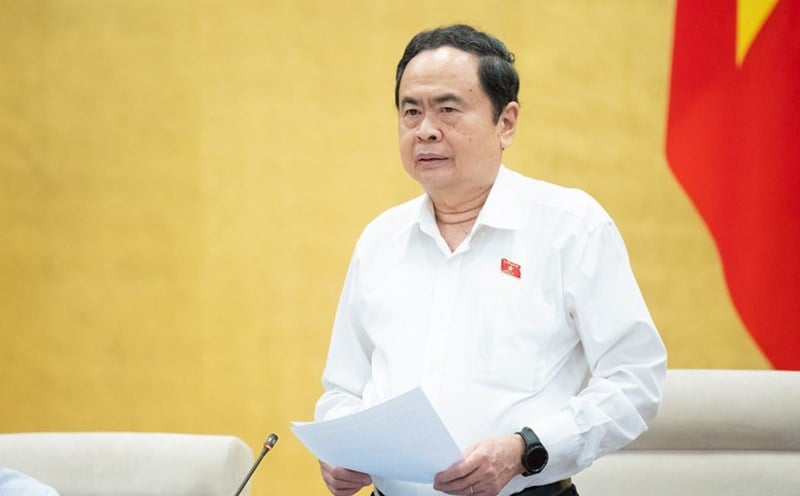

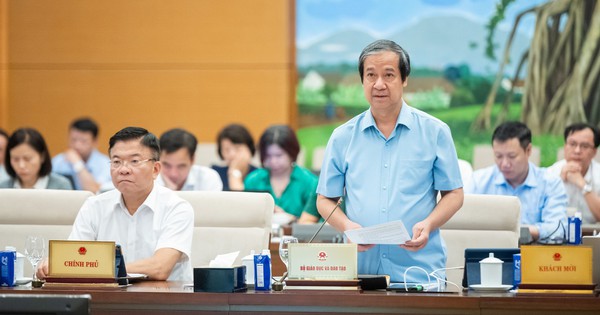

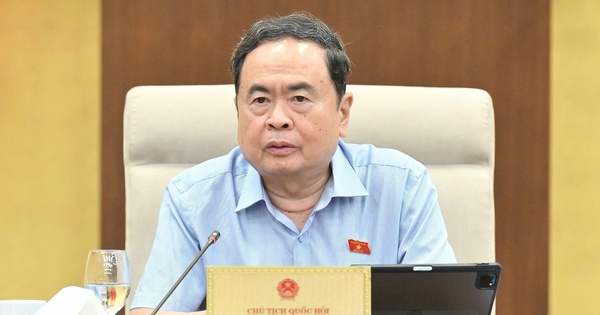
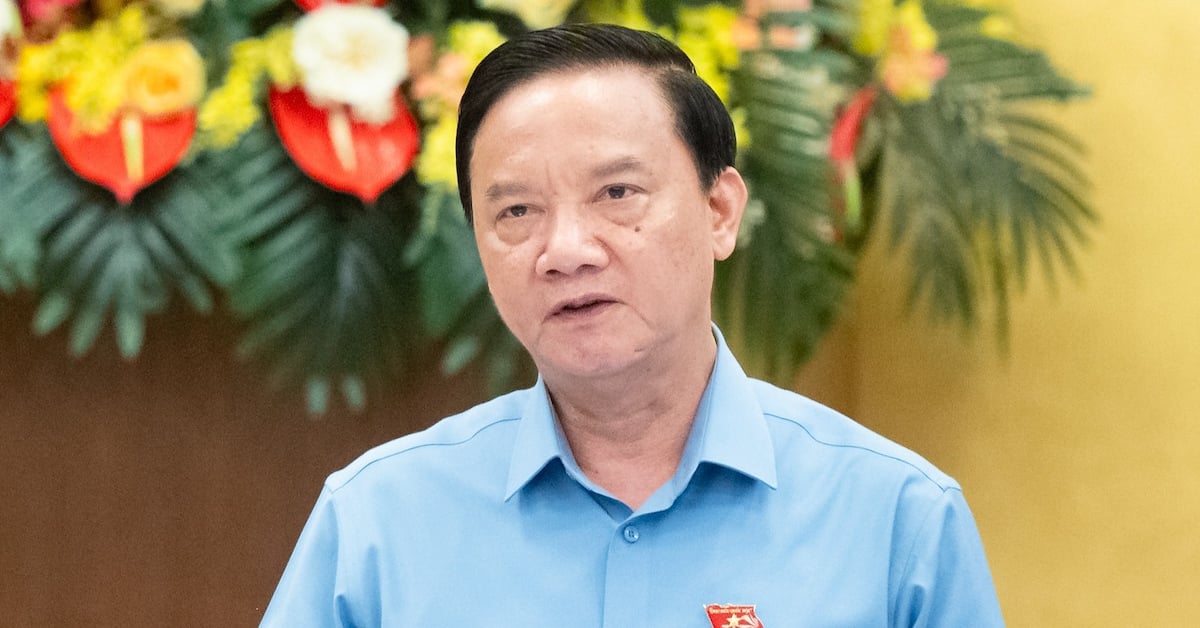
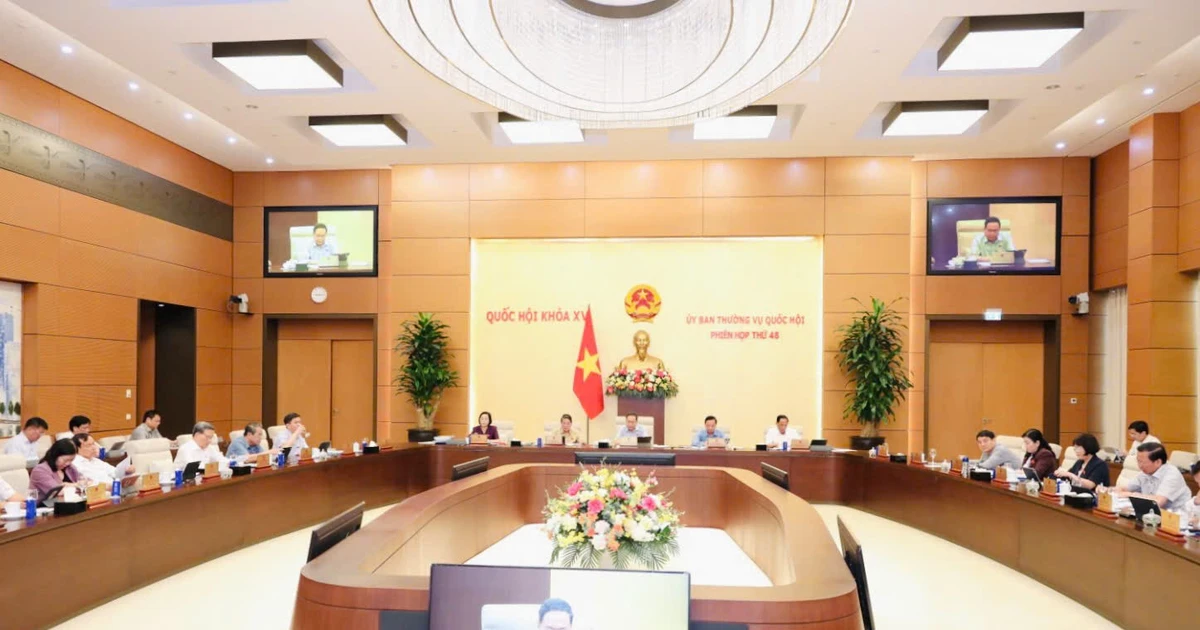




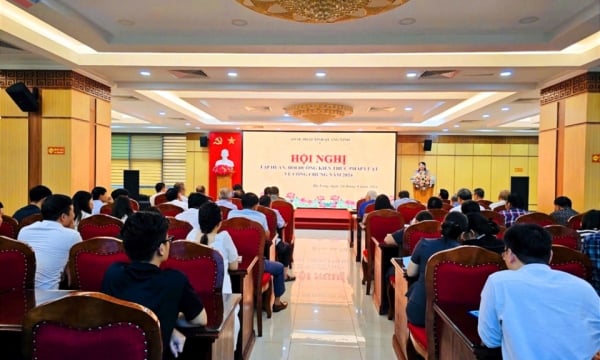

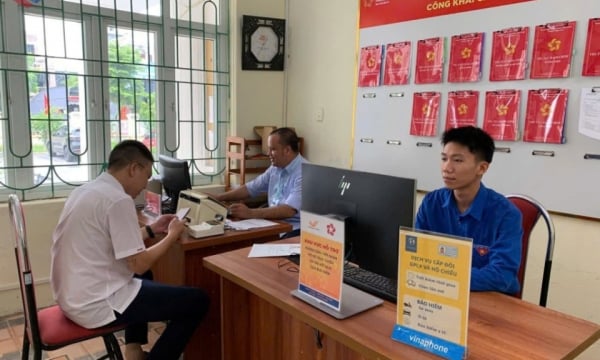





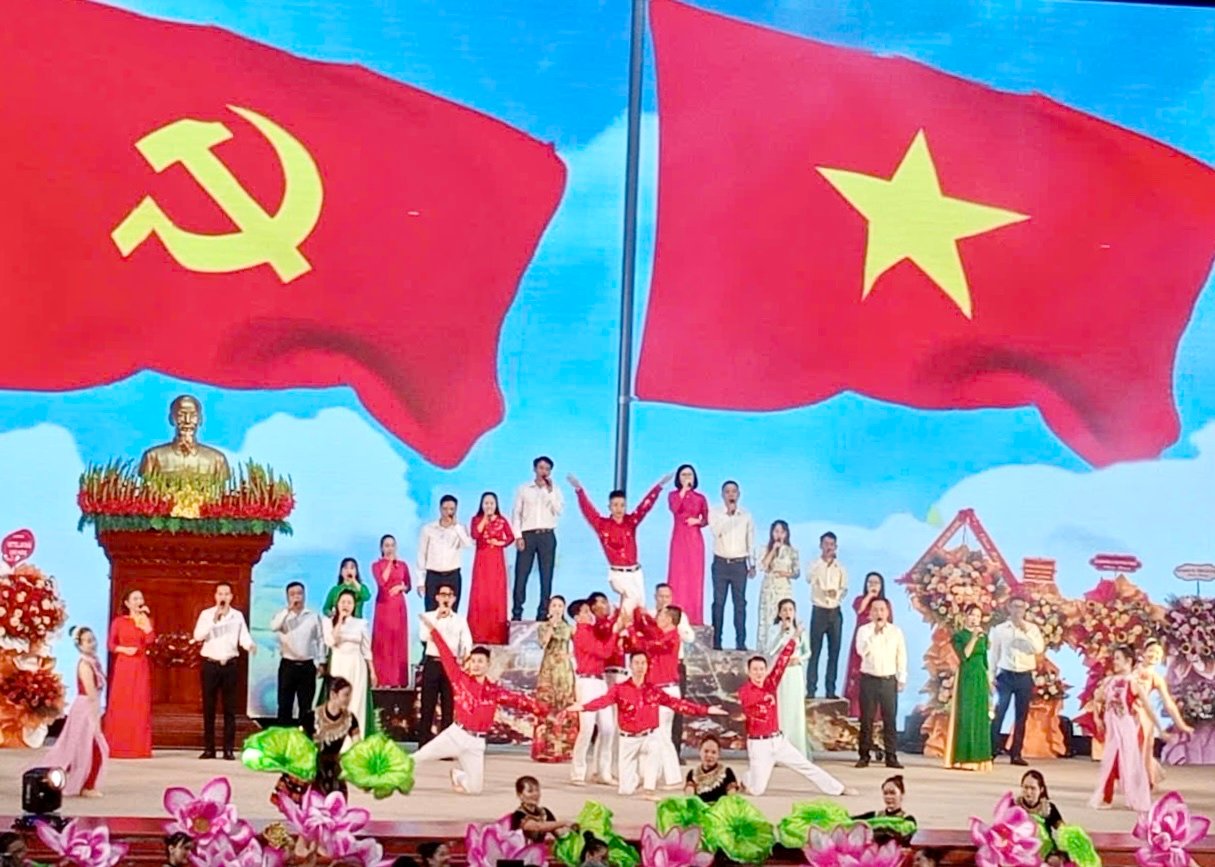

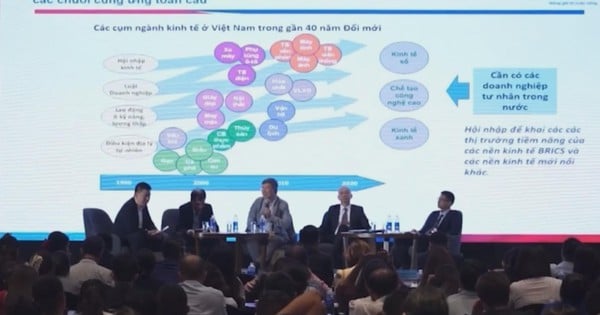

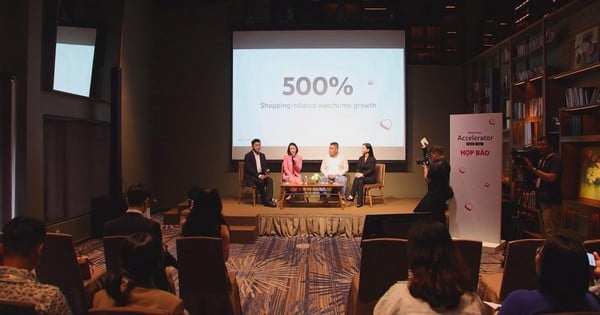
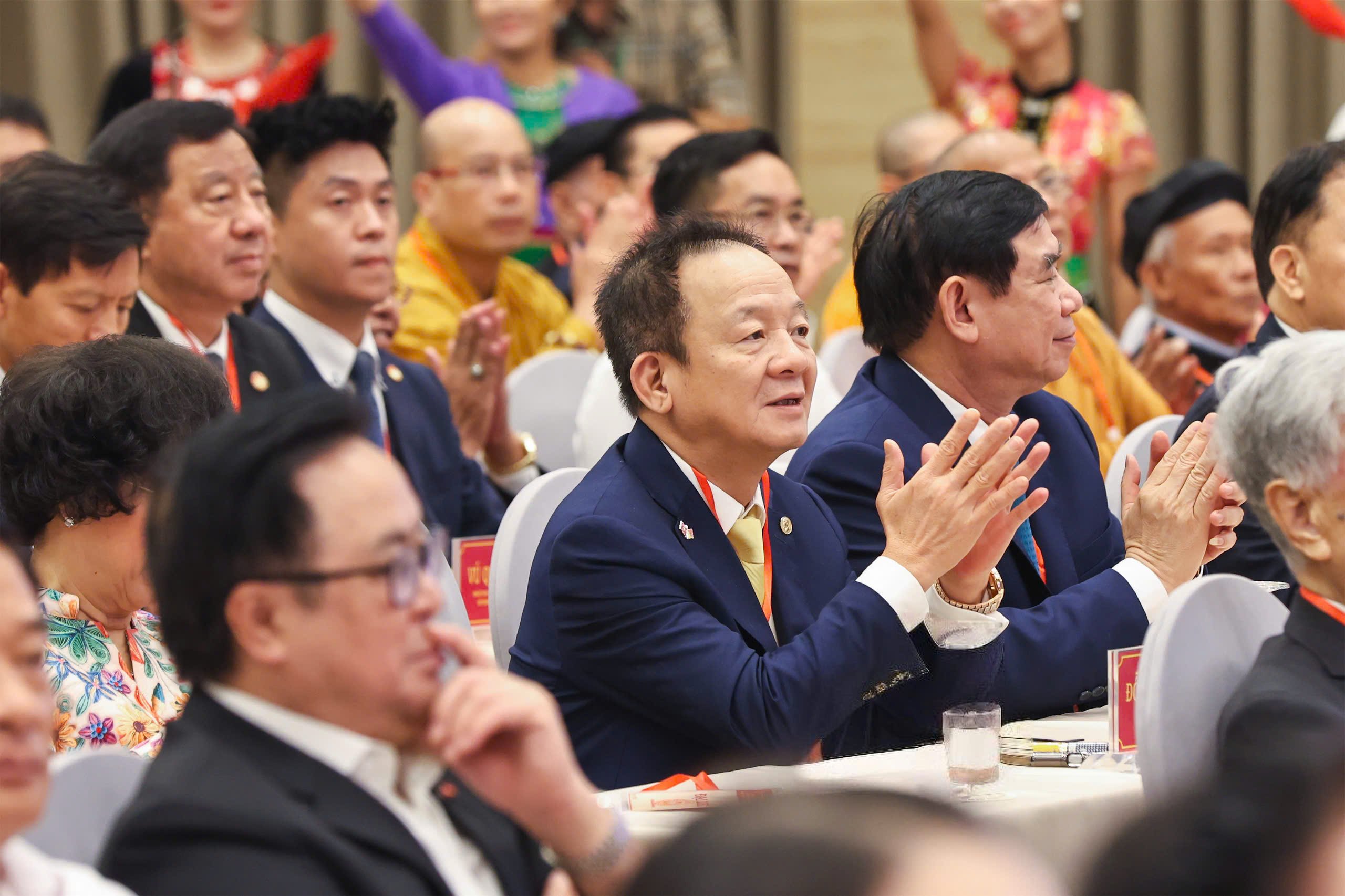




























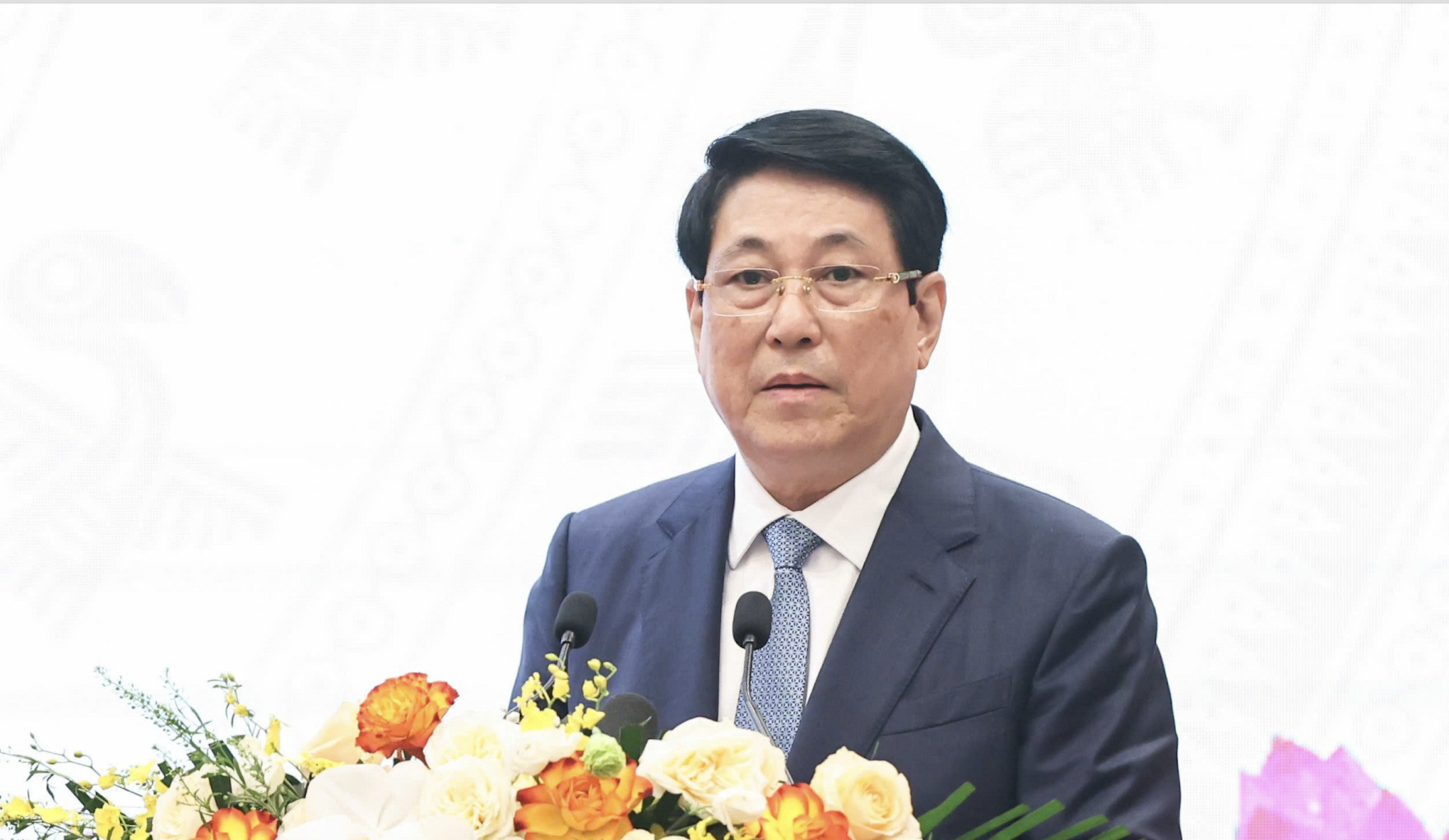


















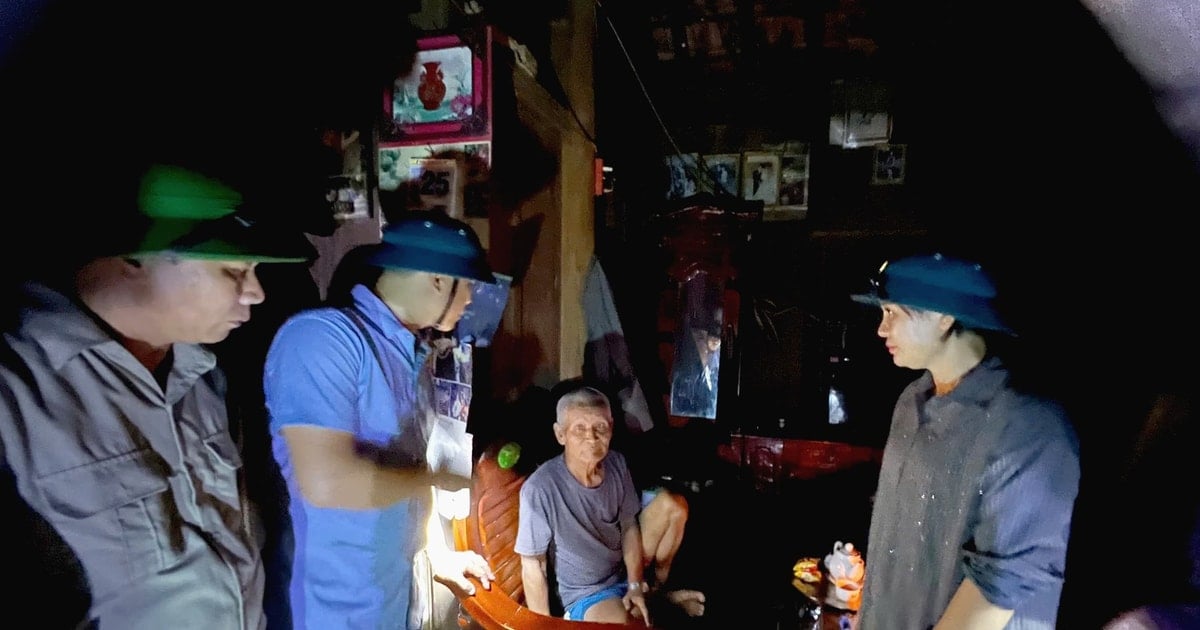



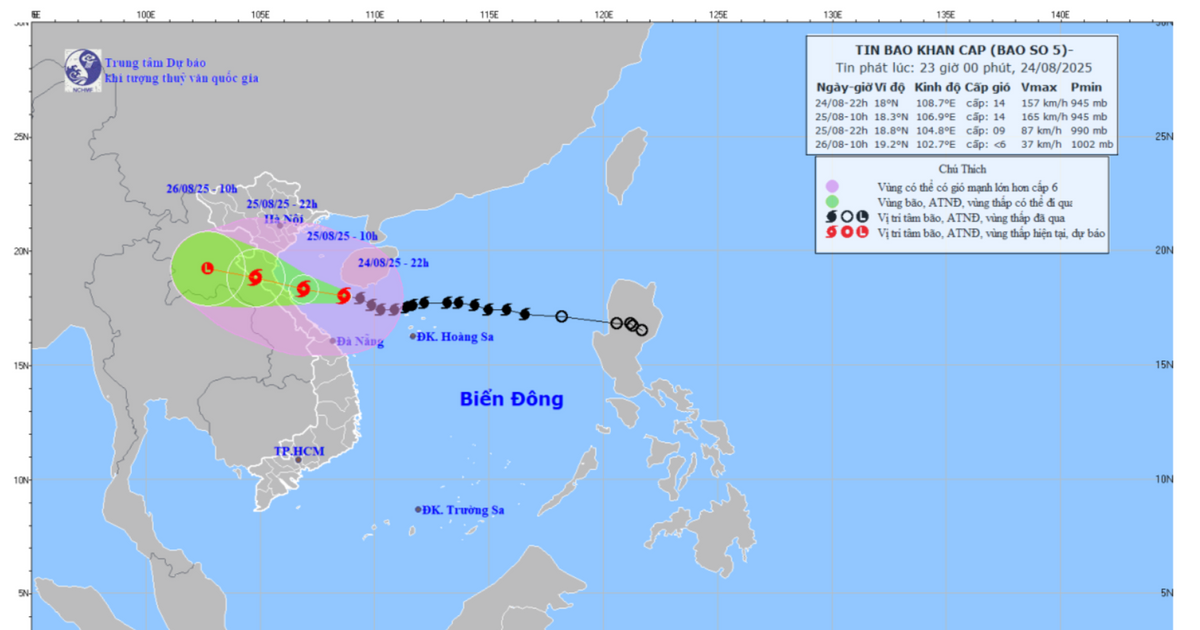


















Comment (0)